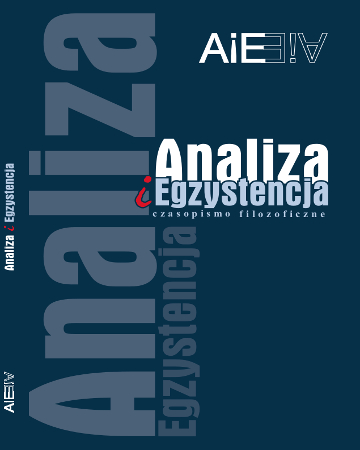The Civic Duty to Pay Taxes and the Fair-Share Calculation
The Civic Duty to Pay Taxes and the Fair-Share Calculation
Author(s): Donald MorrisSubject(s): Philosophy, History of Philosophy
Published by: Wydawnictwo Naukowe Uniwersytetu Szczecińskiego
Keywords: civic duty fair share (of taxes) tax cheating; tax complexity; tax gap
Summary/Abstract: In its 2009 Taxpayer Attitude Survey, the U.S. IRS Oversight Board asked taxpayers: “Is it every American’s civic duty to pay their fair share of taxes?” Respondents strongly believe it is, with 70 percent claiming they “completely agree” and 25 percent that they “mostly agree.” On very few public issues is it possible to obtain 95 percent agreement and any such broad consensus should be met with skepticism. The near-unanimous response may mean no more than that people recognize that the functions of government must be paid for and that each person should pay a certain part. But in light of the reported $450 billion annual U.S. tax gap and evidence of declining taxpayer compliance, this paper raises questions about what taxpayers understand by “fair share” and the duty to which it gives rise. In this paper, I argue that the key to understanding how there can be a growing problem of tax cheating and yet a preponderance of taxpayers acknowledging a civic duty to pay their fair share, lies in taxpayers’ calculation of their fair share.
Journal: Analiza i Egzystencja: czasopismo filozoficzne
- Issue Year: 2013
- Issue No: 24
- Page Range: 177-199
- Page Count: 23
- Language: English

